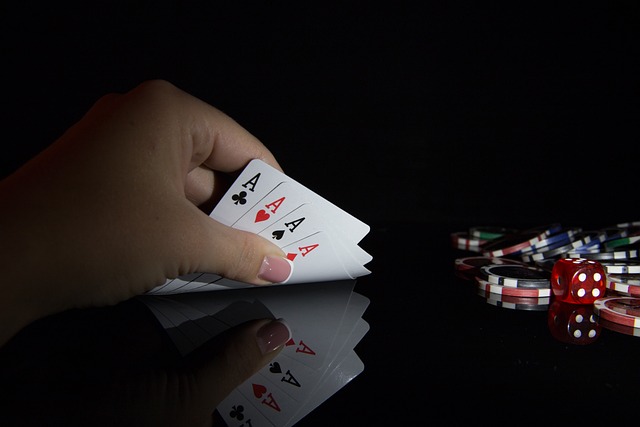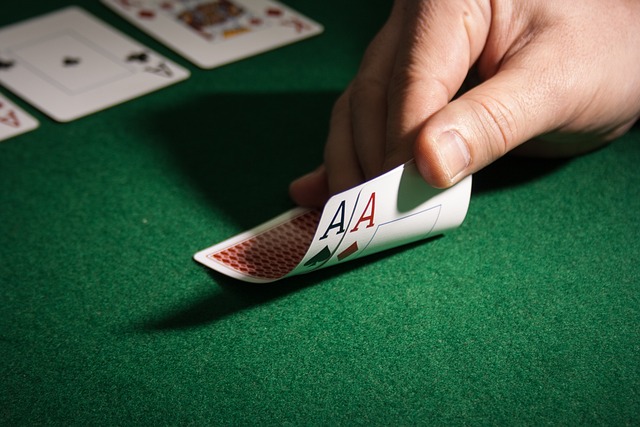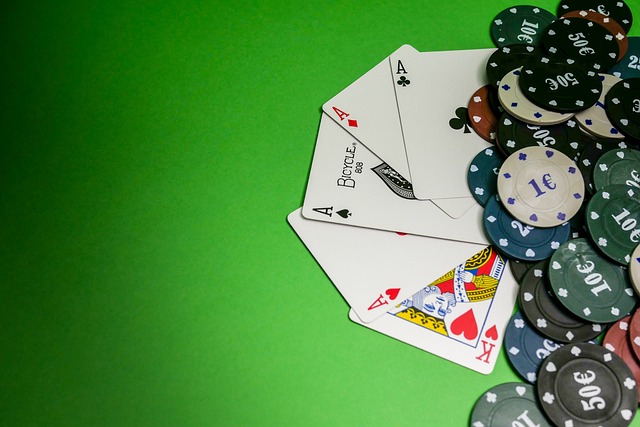The game of poker, in its essence, is a blend of skill, strategy, and psychological warfare. It is not merely a game of cards; it’s a game of minds. Among the arsenal of strategies employed by seasoned players, bluffing holds a prominent position. You knew from your first Woo Casino login that bluffing is an art, a calculated deception aimed at misleading opponents about the strength of one’s hand. In the realm of online poker, where physical tells are obscured, the art of the bluff becomes even more nuanced and intriguing. This article delves into the psychological underpinnings and strategic applications of bluffing in online poker.
Understanding Bluffing:
Bluffing involves betting or raising with a hand that is not believed to be the best, with the intention of inducing opponents to fold superior hands. It’s a psychological maneuver, rooted in the principles of game theory, designed to exploit opponents’ uncertainties and decision-making biases. Bluffing is an integral part of poker because it adds a layer of complexity and unpredictability to the game, transforming it from a mere probabilistic exercise into a deep psychological battle.
The Psychology Behind a Successful Bluff:

A successful bluff hinges on the ability to manipulate the psychological state of opponents. This involves:
- Reading Opponents: In online poker, physical tells are absent, but betting patterns, speed of play, and previous behavior serve as valuable indicators of an opponent’s hand strength and mindset.
- Projecting Confidence: Successful bluffers project confidence through their betting patterns, making their play appear consistent with a strong hand, even when it is not.
- Understanding Opponent’s Perception: Skilled bluffers are adept at understanding how they are perceived by their opponents and exploit this perception to their advantage.
- Emotional Control: Bluffing requires a poker face, even in the digital realm. Emotional control is vital to prevent giving away any hints about the true strength of one’s hand through erratic betting patterns or timing tells.
- Strategic Execution of Bluffing in Online Poker:
Executing a bluff in online poker involves a combination of timing, position, and understanding of the game’s dynamics:
- Timing: Choosing the right moment to bluff is crucial. Successful bluffs are often made in situations where the board and previous betting rounds suggest that the bluffer has a strong hand.
- Position: Position is power in poker. Being in a late position allows a player to gather more information about their opponents’ actions before making their move, providing a strategic advantage when bluffing.
- Opponent Profiling: Understanding the type of players at the table is essential. Bluffing against a loose-aggressive player differs from bluffing against a tight-passive opponent.
- Pot Odds and Equity: A good bluff should have a positive expected value, taking into account the pot odds and the likelihood of the bluff succeeding.
- Bluff-to-Value Ratio: Maintaining a balanced bluff-to-value ratio is essential to avoid becoming predictable. A player who bluffs too frequently becomes easy to call down, while one who seldom bluffs misses valuable opportunities to win pots.
- The Risk-Reward Equation of Bluffing:
Bluffing is inherently risky, as it involves the possibility of losing chips when called. The decision to bluff should be weighed against the potential reward, considering factors like stack sizes, tournament stage, and the psychological state of opponents. A well-timed bluff can be incredibly profitable, but an ill-conceived one can lead to significant losses.
The Ethical Dimension of Bluffing:

While bluffing is an accepted and integral part of poker, it’s essential to distinguish between strategic deception and unethical behavior. Collusion, use of external assistance, and other forms of cheating are not only unethical but also against the rules of the game and can lead to serious repercussions.
In conclusion, the art of the bluff in online poker is a complex interplay of psychology, strategy, and risk management. It’s a skill that can be honed through experience, self-awareness, and a deep understanding of the game’s intricacies. While bluffing can lead to exhilarating victories, it also requires caution and ethical conduct. In the end, mastering the art of the bluff can elevate a poker player’s game from good to great, transforming them into a formidable opponent in the digital poker arena.


